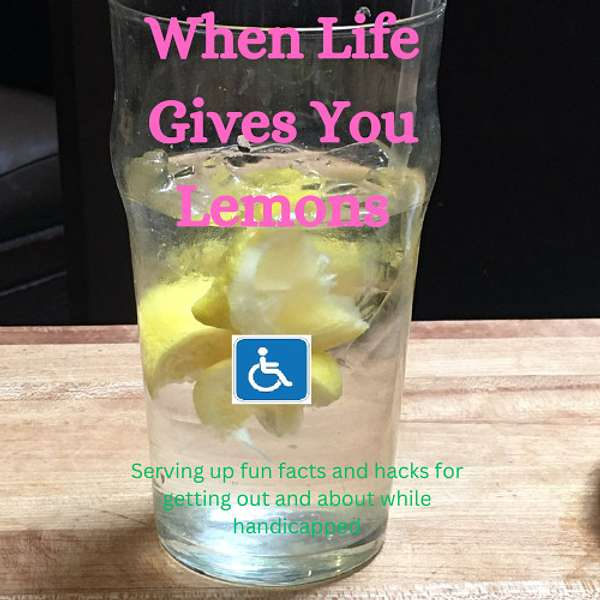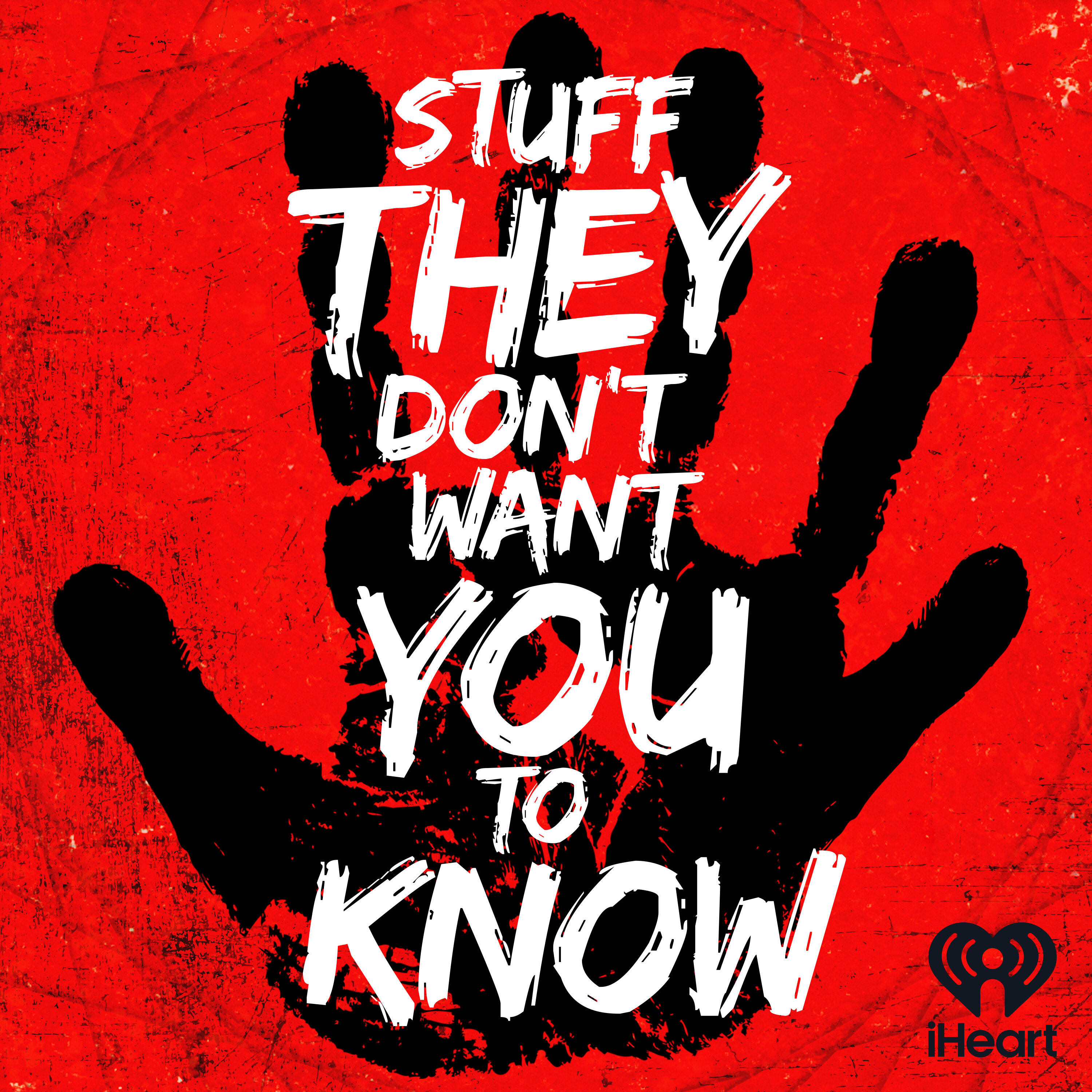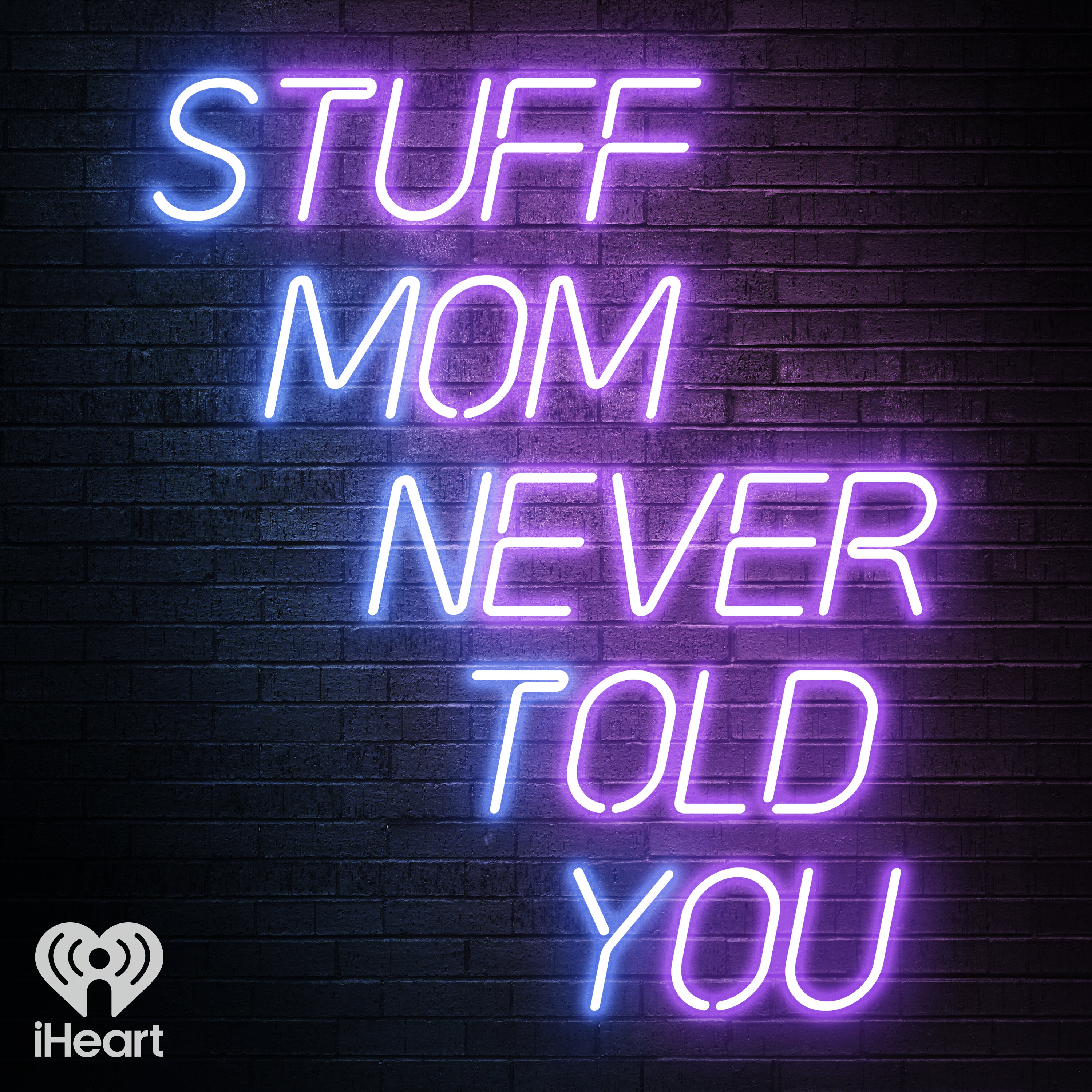
When Life Gives You Lemons
We do a bit of Research into handicapped travel issues and provide some solutions. Mobility, Hearing, Sight, Mental issues included. so far our episodes have included some information on Ataxia, Cerebral Palsy, Deafness, Dancing Sickness, Gulf War Syndrome, Long Covid and Wheelchairs. We are both Disability Advocates and realize there are too many diseases and conditions to cover and try to discuss the most common problems disabled people face and spread some awareness of disabled issues non-disabled people are unaware of.
CORRECTION
On a Previous episode I described how to enter our End Of Season contest. Step 1 click on the support our show link. Step 1 we require a one time payment (This has changed during our season) of $3. Step 3 (get you back to a one time payment) click on the $3 Subscription button. The following business day cancel the subscription (if you do it same day your bank may start thinking FRAUD. Step 4 Your done. Thanks for entering and "may the odds be forever in your favor",
When Life Gives You Lemons
Lungs Under Lock and Key: The Smoky Path to COPD
Breathing is something most of us take for granted—until it becomes difficult. In this deep dive into Chronic Obstructive Pulmonary Disease (COPD), Kevin and Palmy explore the complex reality of living with compromised lungs.
The hosts break down COPD's telltale signs: shortness of breath during physical activity, persistent coughing with mucus production, wheezing, chest tightness, frequent respiratory infections, chronic fatigue, and unexplained weight loss. While cigarette smoking tops the list of causes, they also examine how air pollution, genetics, and secondhand smoke contribute to this progressive lung condition. Palmy shares a striking workplace memory of knee-high cigarette smoke filling an office during winter months—a vivid reminder of how unavoidable secondhand smoke was before modern regulations.
Beyond breathing difficulties, COPD creates a cascade of complications. The heart works overtime trying to compensate for reduced oxygen, respiratory infections become more frequent and dangerous, and the psychological toll of chronic illness often leads to depression. The hosts share powerful personal stories about family members who began smoking as children and suffered the consequences decades later—including one particularly poignant account of lung damage persisting 15 years after quitting.
From preventive strategies like air purifiers and vaccinations to treatment options including oxygen therapy and surgical interventions, this episode offers practical insights for both patients and caregivers navigating COPD's challenges. Whether you're dealing with COPD personally, supporting someone who is, or simply wanting to understand this common condition better, this conversation provides valuable perspective on the journey from diagnosis through management of this chronic respiratory disease.
Have questions about COPD or ideas for future disability-focused topics? Connect with us through our website or Facebook page—we'd love to hear from you and continue this important conversation.
Welcome to our podcast. When Life Gives you.
Palmi:Limits. I'm Kevin and I'm Palmy. We consider ourselves disability advocates and intend to spotlight some disability issues and things we find interesting that we frequently encounter when we're out and about. Also some history on disability that we find interesting.
Kevin:Well, hi everybody. Welcome back to our podcast. When Life Gives you Lummies, hi Palmi.
Palmi:Hey Kevin, how are you? Well, the question is how are you? I am okay. So, since we've been out, kevin's had surgery on his arm and now he's in a cast up to his elbow. Uh, all from the doctor, all the reports are that everything went well and we are five weeks out from being castless and is that the word?
Kevin:I don't know. It's parts of the world. You have social caste, so I'm thinking that's not the best word to use.
Palmi:Well, you'll be without a caste and be able to use your wrist properly, so we're looking forward to that.
Kevin:Lucky me.
Palmi:So what's our topic today?
Kevin:Well, we were going to talk a bit about COPD, or chronic obstructive pulmonary disease. This is a progressive lung disease that makes it difficult to breathe. No, it's not asthma or emphysema.
Palmi:Those are separate diseases.
Kevin:Yeah, it's often caused by long-term exposure to irritant gases or particulate matter, most commonly from cigarette smoke, and Pam is going to talk to you about some key points about COPD.
Palmi:Specifically symptoms. So one symptom would be shortness of breath, especially during physical activity, Chronic cough, often producing mucus Wheezing or whistling sound when breathing, chest tightness or heaviness when trying to breathe, frequent respiratory infections, fatigue and lack of energy, and unintended weight loss.
Kevin:Okay, and these are causes of COPD in order of or most frequently. Most frequently encountered Smoking air pollution, genetic factor, secondhand smoke.
Palmi:So go into the genetic factor a little bit. What is that?
Kevin:Well, for example, I have a neuromuscular disease. It's most commonly affected by genetic factors. I am not affected by those genetic factors, to the best of my knowledge, but of course I haven't gotten to every possible genetic test yet, so they have to wait for that.
Palmi:Well, specifically, it's a genetic factor, the alpha one. Is that what it's noted here?
Kevin:Well, some factors of ataxia, like you, have difficulty swallowing or breathing and in essence, what you're doing is when you're swallowing. You're not swallowing everything. You're having some miniscule, particulate matter left over from, say, eating. If you're eating crackers, visualize your teeth chomping into crackers. You have big pieces and you have little pieces. The little pieces that are stuck in the recesses of your teeth and gums are going to be there and usually you can wash them out by drinking some water. But if you take breath through your mouth before you do that, you end up choking, like I do, because you inhaled some of that particular matter.
Palmi:Right.
Kevin:That's what they mean by genetic causes.
Palmi:Okay, and then the last one.
Kevin:Secondhand smoke is very dangerous because, if you look at it, the smoke that a smoker inhales through a cigarette most often goes through a filter. The second-hand smoke is that smoke combined with unfiltered smoke and you're just inhaling it. Without the filter as an example, the first time when I got to Fort Hood, texas, everyone in the office smoked with me, and during the winter, when all the windows were closed, it was like you walk in and see about a knee-high level of smoke from the ceiling down.
Kevin:Yeah so unless I were to lay on the floor all day, I was not going to be able to avoid it.
Palmi:Yeah, get clean air.
Kevin:Yeah, so I did a lot of psychonaut smoke and, yes, I do have like a very touch of COPD. It's hard to describe.
Palmi:Well, you had asthma too, so that affected that too. Yeah.
Kevin:I'm sure it did.
Palmi:Yeah, Okay. Well, when you have COPD, there's complications that arise from having that. You have heart problems due to the increased strain on your heart trying to get the air to go into your bloodstream. Respiratorial infections we talked about that. Very common is pneumonia, double pneumonia, et cetera. Lung cancer, of course, and depression due to the chronic illness. Being ill all the time makes you depressed. Yeah, it certainly does.
Kevin:I'm sure it's about everyone affected by any chronic illness can see it does Do it Drive you to depression?
Palmi:yeah, yeah.
Kevin:Prevention. What you can do. The most common thing is quit smoking, said, the most common is avoid exposure.
Palmi:Again, avoid that secondhand smoke, you know, don't lock yourself in a room with a bunch of smokers, and nowadays I think it's a little better off because a lot of places, especially businesses, have restrictions with smoking because we've now figured out that smoking is not good for you. We have a lot of bans on smoking, indoors especially, and stuff like that. So I think it's easier to avoid secondhand smoke and there's a lot of knowledge out there to let people know that smoking is bad for you. However, there's vaping. We need to investigate more. Uh, maybe that might be a topic we'd venture into, because I'm not very familiar with vaping, are you?
Kevin:it was my understanding that baking was developed by the tobacco industry to help smugglers quit smoking. You know, if you're in that and still get to taper off kind of thing instead of just quitting cold turkey right yeah, so it can't be that good for you either. It's's not good for you long-term, because there are a lot of.
Palmi:Well, some of them still have nicotine.
Kevin:Heavy metal byproducts in the as well as nicotine.
Palmi:It definitely is not good for children, for sure.
Kevin:Get introduced to your body via your lungs, via your respiratory system. Okay, improve air quality.
Palmi:With air purifiers and ventilation. What is that?
Kevin:you said next to Polly, that is an air purifier.
Palmi:We purchased two of them. While we were going through COVID I was told how important it is to clean the air and we were going to have family over during family events and stuff like that, and so I purchased two, one to be in Kevin's room because he has a lot of allergies, has a lot of allergies and so allergens in his room has helped with the allergens from the outdoors that come in and also with people coming in and out of our house. I think it's improved your allergies quite a bit, and getting vaccinated against flu and pneumonia is another prevention.
Kevin:And getting vaccinated against flu and pneumonia is another prevention. Yeah, there's a specific vaccination for elderly people for pneumonia.
Palmi:Pneumonia yeah, we always get our vaccinations.
Kevin:I don't recall us being called. It just might be, if you explain, the anti-pneumonia vaccine, and I don't think you get it every year.
Palmi:Pneumonia is, I think, every two to three years or something. I'd have to look that up, but it's not every year.
Kevin:I don't know how often it is, but just not every year.
Palmi:And another thing is management, so medication like bronchial vaporizers and steroids to ease the symptoms. So here I'd like to put in to our talk your father has COPD quite bad. We actually ended up traveling to where they live in Tennessee to help out during the winter because it was so cold last winter that they had trouble going out and taking care of chores and stuff like that.
Kevin:Yeah, as soon as my dad set foot outside and got exposed to the cold air, it flared up as COPD.
Palmi:Right.
Kevin:So he ends up sitting there kind of in a crutch position struggling to breathe.
Palmi:So doing stuff is like he uses steroids every single day through a nebulizer to improve his lung function and also he uses it through an oxygen therapy every couple of hours in order to improve his symptoms. Surgery in advanced cases, such as lung volume reduction surgery or a lung transplant. It's important to consult your healthcare professional for proper diagnosis and treatment. And yes, medicare does cover both lung volume reduction surgery and lung transplant in certain conditions. So let's go into that. Let's talk about the lung volume reduction surgery. I'd never heard of it.
Kevin:That's it Between those two. I mean, they came out with the idea of transplanting organs before they came out with the volume reduction, reduction surgery what they do is they open up the clogged area and obviously it's a very lengthy surgery because there's like thousands of them in your lungs, so in the area that wasn't open to absorb oxygen before, after the surgery would be able to.
Palmi:So it just clears up that area to make it more efficient. Correct, because what your lungs do is it scrubs the air that comes in and then makes it accessible to your blood to enter your blood and to supply your blood cells or your veins with blood.
Kevin:Basically, Arteries, Arteries and bloods, yeah yeah, so that's what it's doing.
Palmi:It's getting it where it needs to be.
Kevin:It's getting it to where your body can absorb the oxygen. Getting it to where your body can absorb the oxygen, putting it into the bloodstream and have the bloodstream distributed throughout your body.
Palmi:Makes sense.
Kevin:Now then they also talked about lung transplants. Okay, obviously, lung transplants are dependent upon the availability of lungs to use for transplants. Right.
Kevin:There's a long list diseases that require a lung transplant. In certain cases, like emphysema or lung cancer Part you know it can damage your lungs and you can be missing part of your lungs you have to be part of the registry, get on the list, so to speak, for a lung transplant. That's how it works in this country, and that list can be really long or really short. It all just kind of depends on where he lived.
Palmi:Yeah, well, I'm going to tell a little story here. My dad started smoking when he was he's told us 12 years old. He started smoking when he was 12. I guess it was cool back then and everybody did it and um, and he smoked until he was in his probably forties Um at.
Palmi:Uh, when he was in his fifties probably 55, he had a massive heart attack, probably due to some of of the you know. He had heart conditions, but it was probably due to some of the smoking you know causing damage to his heart and to his lungs and when they went in he had quit. At that point my grandma had died of lung cancer. My step-grandma had died of lung cancer cancer, and he said it was the most horrendous death he'd ever seen. She was in pain from until the very end and so it had made him realize I think that in my mother screaming at him probably that he needed to quit smoking and so he probably had quit in his forties Um, so he probably had quit for about 12 to 15 years prior to this heart attack.
Palmi:When he had the heart attack they had trouble getting him off, of course. They did an open bypass on him and they had trouble getting him off the ventilator because of his damage of his lungs that he had done while smoking. They said that his lungs were still covered in a black um cause the tar on his lungs Um, and he had difficulties being removed from the ventilator due to that. And that was after 15 years. Your lungs can repair themselves, but it takes a really long time, um, to repair themselves, but it takes a really long time to repair themselves, and you know it had done a lot of damage prior to him quitting. So just an example of how smoking can really change your life like that, you know, yeah it's about the same for my dad change your life like that, you know.
Kevin:yeah, it's about the same for, uh, my dad, um, who didn't have heart issues but he's got really severe copd, as we talked about. And um, he started smoking when he's really young, in that, you know, 10, 12 inchish range of age and I don't think he could quit until he was in his 70s Right.
Palmi:He started quitting when he started having COPD issues right.
Kevin:I really don't know, but I assume so.
Palmi:Yeah, so smoking really can cause a lot of issues for you.
Kevin:Yeah, Unfortunately there's a big portion of our history where it was considered to be cool Right, it was actually. Tobacco companies would advertise with doctors saying, oh, it's good for you, yeah.
Palmi:Well, back in you know, I can remember back in the 70s actually, they would, when women weren't smoking as much, they would give it. Say, if a woman had a nervous condition or something, they would recommend that she would take up smoking to help her nerves, and stuff like that. So that's where the Virginia Slims came in, you know, and all that stuff. So, yeah, so there's several ways of treating the COPD. Like we said, we talked about the volume reduction surgery and the lung transplant, about the volume reduction surgery and the lung transplant. We talked about oxygen therapies for the COPD and there's several ways that they can administer the oxygen therapy. There's a nasal candula, which is the small tubes that protrude, that fit into the nasal passages and deliver oxygen directly. There's a face mask which covers the nose and mouth. I think that's what your dad uses, isn't it? I think so, rose.
Palmi:Our daughter used to use the nebulizer. She had pneumonia quite a bit when she was a premature baby and she used to use the face mask a lot. We used to, not with oxygen, but with um, um Bennett, or you know the medic medication, and she used the face mask. They had cute little fish shaped ones and stuff like that that they put over her face. Uh, they have the oxygen concentrators the device that filters oxygen from the air and provides a continuous supply. I don't think your dad doesn't use oxygen continuously though. The compressed oxygen tanks, cylinders filled with oxygen that can be used at home or portably, and the liquid oxygen system more compact and efficient storage of oxygen for easier transportation. I see those around and about all the time when you're out shopping and stuff people carrying those around. That has to be just terrible, but hooked to something all the time.
Kevin:Yeah, and I've also seen people walking around with those oxygen tanks and oxygen masks as perfect for cigarettes. Yeah, not very safe?
Palmi:Yeah, oxygen therapy can be used continuously or as needed, such as during sleep, exercise and travel. It helps reduce breathlessness, improves sleep and protects organs from oxygen being deprived. If you're considering oxygen therapy, it's best to consult a healthcare provider to determine the right approach for your needs. Copd is a progressive lung disease that worsens over time. It's typically categorized into four stages based on symptoms and lung functions. One mild stage one you experience occasional shortness of breath, but symptoms are mild. Many people don't realize they're in the COPD stage. Moderate stage two shortness of breath and coughing become more noticeable. This is often when people seek medical admission and receive a diagnosis.
Kevin:Okay, and for some reason we don't have.
Palmi:I assume there's stage 4, or 3 and 4.
Kevin:3 and 4.
Palmi:Our notes have been cut off.
Kevin:Obviously, three is a little bit worse than two, and four is the worst Four is the worst. I would assume that's the one my dad has.
Palmi:All right. Well, that kind of sums it up for COPD. If you guys have any more questions, just give us a holler. We'd like to hear from you and let's do a little bit of housekeeping today.
Kevin:Okay, Do not forget our website, wwwwhenlifegivesyoulovenessnet. That can be used to support us via. Just has all our contact info. If you want to send us email or fan mail but to let us know what kind of job we're doing, or if you have an idea for future episodes, we'd love to hear about that as well. We do have.
Kevin:I recently started a Facebook page. That is so we can directly interact with you. If you contact us via fan mail, it doesn't record your email address or anything. It's like sending a text via your phone only, without a return phone number. So, anyway, if you have something you want feedback from us on, please use email so we can respond to your email address. Pommy, did you have anything to?
Palmi:add Nope, I don't think so.
Kevin:Okay, that should do it for this time, folks, so we'll see you next time. Bye, till next episode. Take those lemons and make your own lemon day.
Podcasts we love
Check out these other fine podcasts recommended by us, not an algorithm.

When Life Gives You Lemons
Kevin & Palmi Henry
Stuff They Don't Want You To Know
iHeartPodcasts
Stuff Mom Never Told You
iHeartPodcasts
Stuff You Missed in History Class
iHeartPodcasts
Planet Money
NPR
Ridiculous History
iHeartPodcasts
The Way I Heard It with Mike Rowe
The Way I Heard It with Mike Rowe




